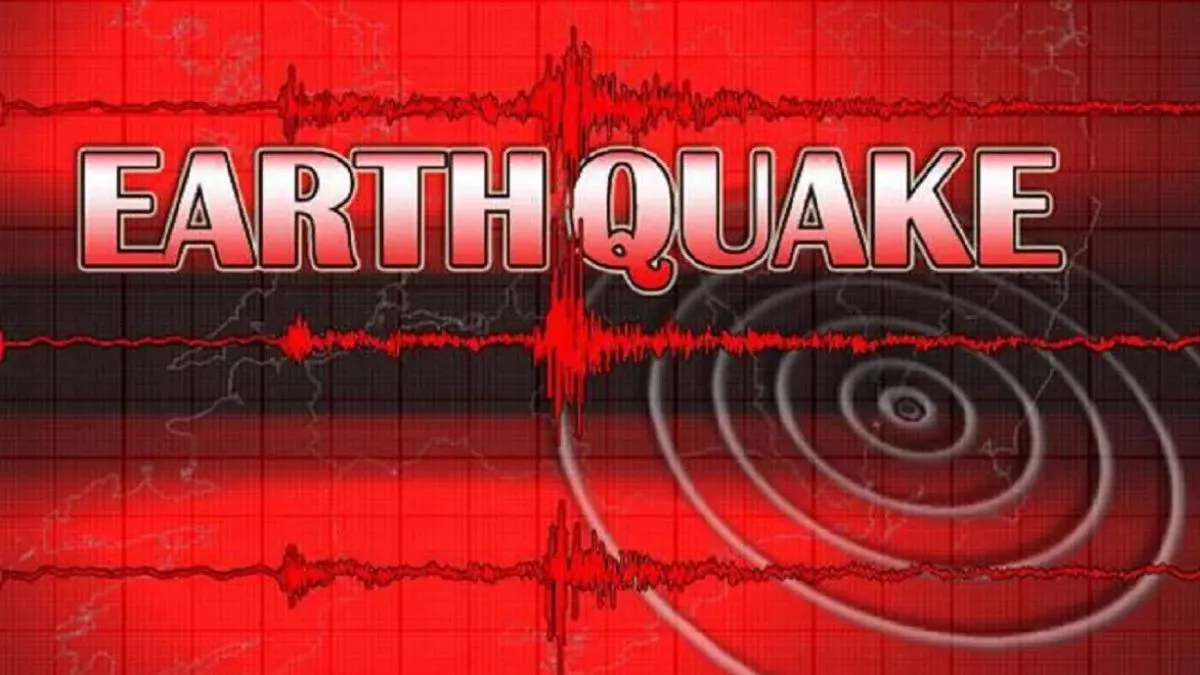- By Anushka Vats
- Fri, 07 Feb 2025 11:04 AM (IST)
- Source:JND
Greece’s government declared a state of emergency on Thursday after a hundreds of undersea earthquakes hit Santorini for nearly a week. The decision will enable authorities to quickly access state resources to assist the island, which has been struck by seismic activity since January 31. The latest tremor, a magnitude 5.2 quake, was the strongest recorded so far and struck on Wednesday night.
Government spokesperson Pavlos Marinakis confirmed that emergency services have already been mobilised to support the island. "Fire departments, police, coast guard, armed forces, and emergency medical services have immediately reinforced Santorini and the surrounding islands with additional personnel and specialised equipment," he told reporters.
Despite causing only minimal damage, the constant tremors have prompted thousands of residents and seasonal workers to leave the island, many opting to evacuate to the Greek mainland by ferry.
Seismologists have stated that the earthquakes are not linked to volcanic activity in the Aegean Sea. However, experts have not ruled out the possibility that the seismic swarm could lead to a more powerful earthquake in the future. Vassilis K. Karastathis, a seismologist at the National Observatory of Athens, said, "We are not yet in a position to say that we are seeing any evidence that would lead to the sequence slowly coming to a conclusion. We are still in the middle of the road, we haven’t seen any easing, any sign that it's heading towards a regression."
The tremors are concentrated between the islands of Santorini, Anafi, Amorgos, and Ios, with their underwater location significantly reducing the potential for widespread damage. Santorini’s municipal teams have cordoned off vulnerable areas prone to rockslides, and engineers have inspected school buildings, which have remained closed this week.
The island’s Orthodox church has called on residents to support each other during this challenging time. “Island life, intensely communal, has taught us to be close to one another – in the happy, the sad, and the difficult times,” said Metropolitan Bishop Amphilochios of Thira, Amorgos, and Isles.


